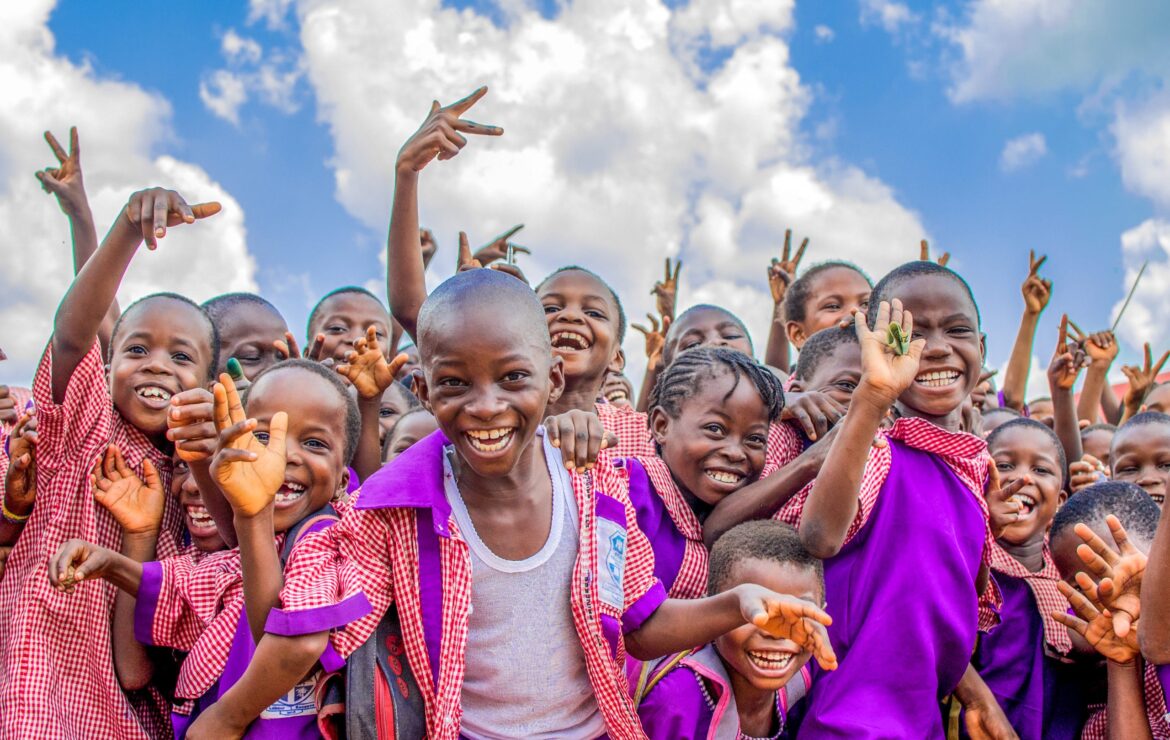Children and Education: Building the Future Today

Children and Education: Building the Future Today
Children are the foundation of every society, and the kind of future a nation envisions is deeply tied to how well it educates its young ones. Education, in its truest sense, is not just about learning how to read and write but about nurturing the whole child—intellectually, emotionally, socially, and morally. When children are given access to quality education, they are equipped with tools that empower them to discover who they are, unlock their potential, and contribute meaningfully to the world around them.
The early years of a child’s education are particularly crucial, as they lay the groundwork for lifelong learning and character formation. It is during this stage that curiosity, creativity, and the love for knowledge are either ignited or stifled. A child who is encouraged to ask questions, explore ideas, and imagine possibilities grows up with the mindset of a problem-solver and innovator. Conversely, a child who is denied quality education or limited to rote learning may struggle to adapt to the demands of a rapidly changing world.
Beyond academic knowledge, education also instills values that guide children as they navigate life. Lessons about honesty, empathy, respect, and responsibility are as important as mathematics and science. A society that neglects to teach its children these values risks raising individuals who may be brilliant in skill but lacking in character. True education balances intellectual growth with moral integrity, ensuring that children not only succeed personally but also contribute to building just and compassionate communities.
In the digital age, education must also evolve to prepare children for a globalized future. Technology, innovation, and cross-cultural understanding are essential skills that children must acquire if they are to thrive in the twenty-first century. This means classrooms should go beyond textbooks to include digital learning, exposure to global perspectives, and opportunities for creative expression. When children are taught to see themselves as global citizens, they grow up ready to engage with the wider world while still rooted in their cultural identity.
The responsibility of raising well-educated children does not rest solely on schools. Parents, caregivers, governments, and entire communities must work together to create an environment that nurtures children’s learning. Parents must take an active role in their children’s development, schools must prioritize holistic learning, and governments must provide policies and resources that make quality education accessible to all. Communities, too, must create safe and supportive spaces where children are encouraged to dream, learn, and grow.
When we invest in children’s education, we invest in the future of our society. Every child educated today is a leader, innovator, and changemaker in the making. A nation that values its children enough to provide them with the best possible education secures its legacy for generations to come. Education is not just about shaping individual lives; it is about shaping the destiny of a people. Children who are educated with knowledge, values, and vision will grow to build a future where possibilities are endless and progress is shared by all.






